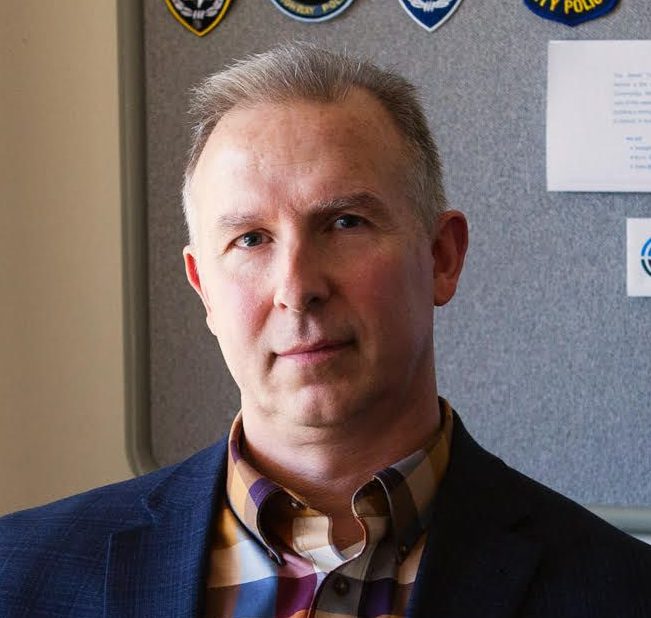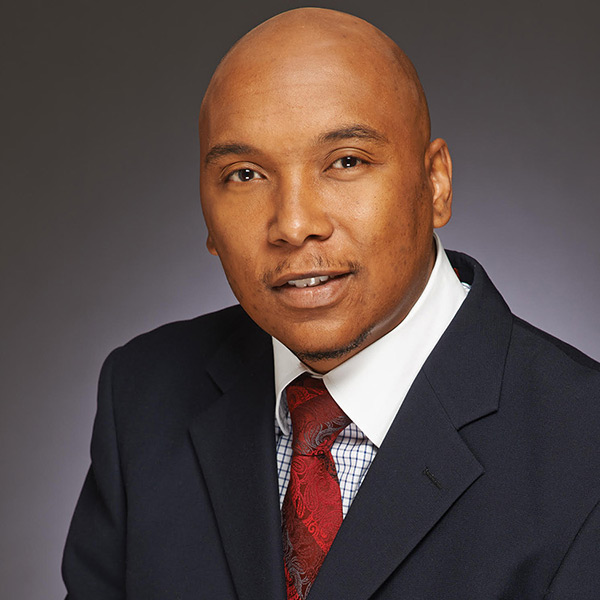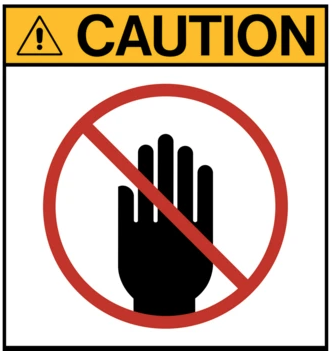The phrase “new normal” is being tossed around a lot these days. For gentlemen’s clubs, sometimes “normal” is having to deal with an unruly patron (spoiler: no regulation is eliminating that problem).
But what about when social distancing and fear surrounding COVID-19 govern what club security can and cannot do?
The ED Webcon on May 14 addressed how clubs can and should enforce the “new normal.” Joining Thursday’s ED Webcon were Gary Sikorski and Charles Wilson of Strategic Club Consultants (the Webcon was also coordinated by Larry Kaplan). Gary Sikorski is a decorated law enforcement professional and trainer with over 30 years of experience.

Sikorski is primary trainer for Strategic Club Consultants LLC, where he conducts monthly online training seminars for adult nightclub security personnel. Sikorski served 25+ years with the Westland, Michigan Police Department, where he was primary firearms and defensive tactics instructor, while overseeing the department training. He retired as Deputy Police Chief.
Security professional Charles Wilson is a former Detroit Police command officer with 20 years of law enforcement and chief of staff experience and six-years in the hospitality, sports and gaming world who developed Detroit’s current community policing system and now leads a very diverse security team of over 400 security professionals at casinos, hotels, sports arenas and in the corporate world.
“In some places, it’s not a dimmer switch,” said Sikorski. “Things aren’t reversing in the same order that they were shut down. Often in many places, it was a gradual shutdown.”
He pointed to Wisconsin, where the state supreme court struck down the governor’s stay-at-home mandate, literally opening the doors for all businesses.
“People that have command of de-escalation, verbal control, verbal compliance — the people that can talk to people are really going to shine because we really do need to change some things. Not only for liability reasons but for personal safety and protection.” – Gary Sikorski
“Going hands-on is always the last resort, but it becomes even more critical now,” Sikorski said about security. “People that have command of de-escalation, verbal control, verbal compliance — the people that can talk to people are really going to shine because we really do need to change some things. Not only for liability reasons but for personal safety and protection.”
That means being more proactive, which means relaying the message of safety through signage, directing people to wear masks where appropriate, and using PPE as suggested.
Sikorski talked about how club security will vary as much as legislation — what’s required in one club may not be mandatory in another — and that some actions may only be “suggested” versus “ordered.”
He stressed signage in clubs which prevents club staff from having to explain things repeatedly and also plainly establishes expectations.

“Signage is going to be your key for everything you do and your right to do it,” he said, adding that pre-planning for non-compliance would also be at the forefront. “You have to have a clear, internal directive. What are those lines in the sand going to be? The staff needs to be briefed on that. What’s your tolerance level? You can’t stand in line at the airport and joke about hijacking an airport. You can’t yell ‘fire’ in a crowded movie theater. How do you deal with somebody purposefully coughing or sneezing or saying ‘better stand back, I have COVID?’ How do you deal with those things?”
Some clubs will have a zero-tolerance policy while others issue warnings. But Sikorski maintained personal safety would be highlighted in the COVID climate.
“It’s not just a liability or a physical safety concern, but exposure could mean life and death,” he said. In the past for example, a security guard may walk through a crowd to rowdy individual. Now, it may behoove that same guard to call over to that unruly guest. “We talk about verbal judo as opposed to verbal karate. Karate is forceful; but with verbal judo and de-escalation, it’s more about deflection.”
Sikorski touched on a certain confrontation that will come up — when a customer chooses not to wear a mask and cites a medical reason that can’t be probed per HIPAA. One possible resolution, in that case, could be to cite club policy that stipulates occupants wear masks.
“I always tell folks you get more compliance when you’re being respectful of the guest, even if the guest is being irate. You never let the level of their disorderly contact increase your level of response.” – Charles Wilson
“They have a right not to wear a mask,” he said. “But we have also have a right not to let them in, or to have a designated area for them to participate and not be with the general population.”
Mask or no mask, guests will ultimately be looking for a sense of relief at your club.
“With this situation, the thing is to try and do anything that can minimize the impact on your guests coming in,” said Wilson. “There are going to be different protocols with social distancing and PPE, but what you want to be cognizant of is how you’re impacting your guest as they’re coming in, making sure whatever policies you’re implementing are streamlined to allow whatever screening you’re going to do to be efficient.”
Wilson pointed out how temperature checks will supplement queues normally reserved for magnetometers. Alternatively, clubs could issue questionnaires, but again, that broaches the subject of HIPAA.
He circled back to killing guests with kindness.
“I always tell folks you get more compliance when you’re being respectful of the guest,” Wilson said, “even if the guest is being irate. You never let the level of their disorderly contact increase your level of response.”
Ultimately how a club’s security handles an array of incidents — COVID-related or not — falls on the club.
“It’s a learning curve for everyone,” said Sikorski. “It’s going to be a learning curve for patrons, for staff, for everybody. You’re going to have to have some realistic tolerances.”
This article is provided for general information purposes only and is not intended to provide either an exhaustive analysis of these matters or any specific legal advice or recommendation. Laws vary by state and municipality. Club operators and others are strongly encouraged to consult their own attorneys and accountants for specific advice on how these issues will affect their businesses and what measures to take.
For more information, contact Gary at gary@sccconsults.com or (734) 564-2249; contact Chuck at chuck@sccconsults.com or (313) 220-3858.
For more information be sure to follow our social media pages, including Facebook and Instagram, visit ExoticDancer.com, and email ED’s Dave Manack at dave@edpublications.com.





























